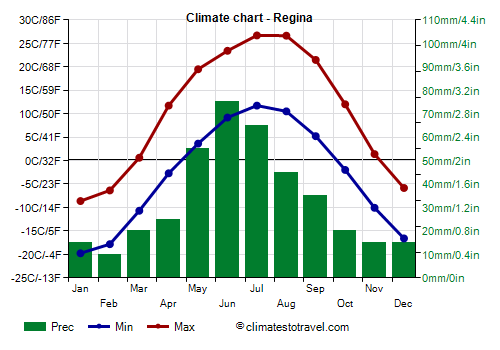
The Importance of Weather in Regina
Weather is a critical aspect of daily life, influencing everything from daily activities to economic decisions. In Regina, Saskatchewan, where weather can vary dramatically across seasons, understanding local climate patterns is crucial. From snowy winters to warm summers, the Regina weather significantly affects agricultural cycles, outdoor events, and the overall mood of its residents.
Current Weather Conditions in Regina
As of mid-October 2023, Regina is experiencing typical fall weather, with average daytime temperatures ranging from 10°C to 15°C. The skies can be partly cloudy with daily fluctuations, showcasing the transition from the warm summer months to the chilly winter. Nighttime temperatures are dropping, often reaching lows of around 0°C.
Recent reports from Environment Canada indicate a mix of sunny days and occasional rain showers, a pattern expected to continue through October. These conditions are vital for local farmers who are in the process of harvesting crops, as timely rain can benefit soil moisture levels.
Seasonal Weather Trends
Regina weather is characterized by its extremes; the city can experience icy winters with temperatures dropping below -30°C and sultry summers exceeding 30°C. According to historical climate data, the average annual temperature is about 3.5°C, with precipitation levels averaging around 400 mm per year. The most significant snowfall occurs between December and February, making it essential for residents to prepare adequately.
Fall is a transitional season, and while right now residents are enjoying cooler temperatures, they should also be ready for the first signs of winter. Historically, the first snowfall typically occurs around late October, bringing the challenges of winter driving and snow management.
Looking Ahead: What to Expect
Looking forward, meteorologists anticipate a colder-than-average winter for Saskatchewan in 2023-2024 due to current atmospheric conditions. Residents can expect varied snowfall and potentially more extreme cold snaps, requiring efficient snow removal strategies and adequate winter gear.
For those living in or visiting Regina, staying informed through local forecasts and alerts will be essential as we transition into the winter months. By understanding Regina’s weather patterns, residents can better prepare for both daily activities and larger seasonal impacts on the community.
Conclusion
In summary, keeping up with Regina weather is vital not just for preparation, but also for understanding how it impacts agriculture, transportation, and everyday life. Whether plans involve outdoor activities or agricultural decisions, being attuned to the local weather forecast will enable residents to navigate the season ahead smoothly.



